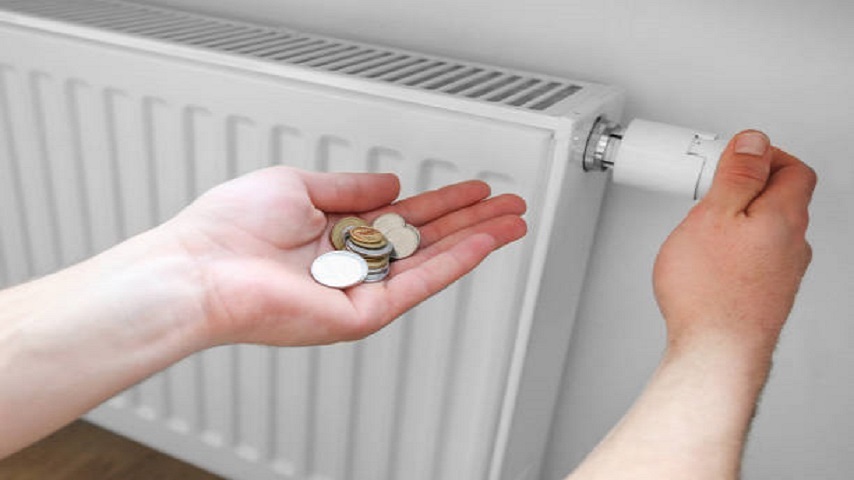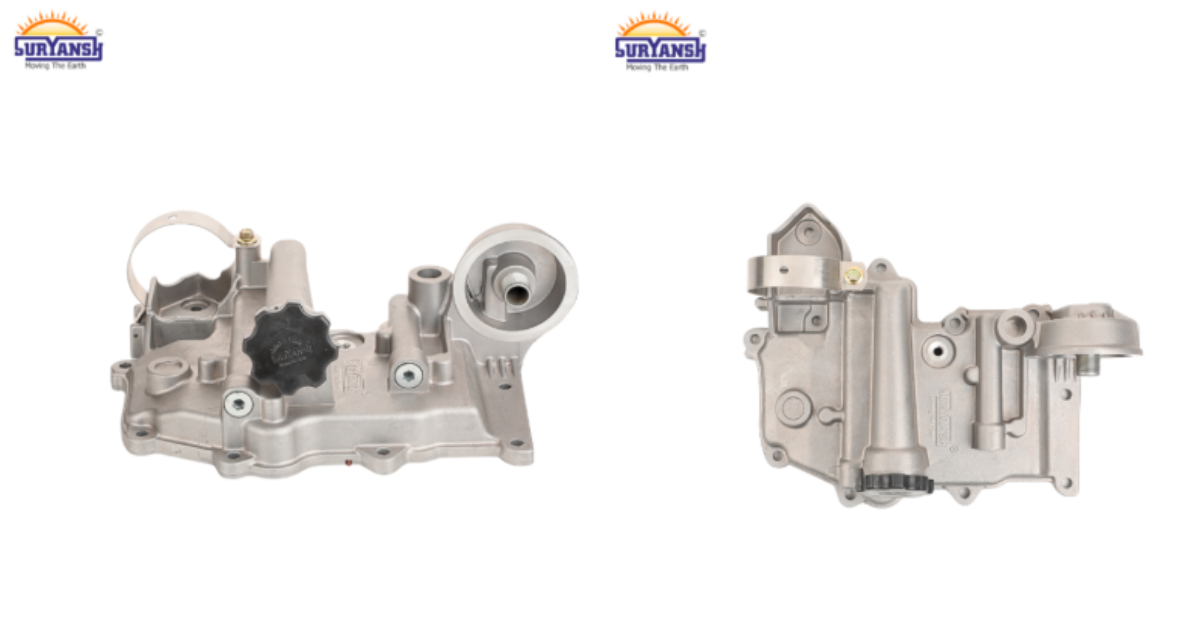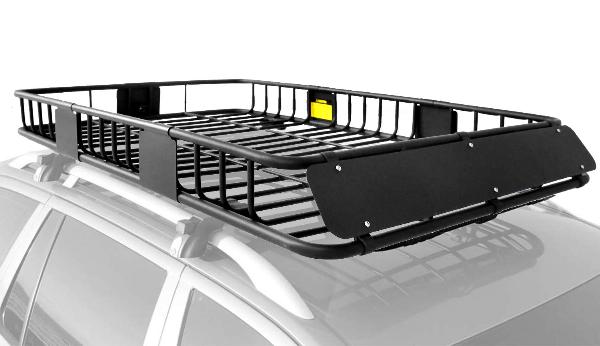Budget-Friendly Heating System Replacements: A UK Homeowner’s Guide

Heating system replacement is a complicated operation but a must-do job in order to control your environment and optimize energy use. In the winter, central heating is important for keeping a home warm in the UK but by picking the right system, one can save both money and the planet. This datamart seeks to offer homeowners insights to those common UK heating system replacement questions, primarily choice of systems, advantages, and return on investment.
Why Replace Your Central Heating System?
Old and ineffective central heating systems are costly and unfriendly to the environment as well. This is due to the fact that with time the boilers and the associated radiators tend to run inefficiently and therefore more energy has to be used to generate the same amount of heat as is required. Signs you might need a replacement include:
- Frequent breakdowns or costly repairs
- Inconsistent heating across your home
- Higher-than-usual energy bills
- A boiler older than 2005
The central heating installations that are in use today are far more efficient, and will save you cash as well as emissions. Upgrading could reduce the energy you use by up to 30%, says the Energy Saving Trust.
Types of Central Heating Systems
1. Gas Central Heating
The most common choice for UK homes, gas central heating uses a boiler to heat water, which is then pumped through radiators. If your home is connected to the gas grid, this system is cost-effective and efficient.
Pros: Low running costs and reliable performance
Cons: Higher upfront installation costs
2. Electric Central Heating
Electric heating systems are gaining popularity due to their simplicity and ease of installation. They use electricity to heat water or directly power radiators.
Pros: No gas connection required, minimal maintenance
Cons: Higher running costs
3. Heat Pumps
Heat pumps extract heat from the air or ground and transfer it into your home. While they’re more expensive to install, they’re highly efficient and eco-friendly.
Pros: Lower energy consumption, eco-friendly
Cons: High initial costs, requires outdoor space
4. Oil Central Heating
For homes off the gas grid, oil central heating is a viable alternative. It uses an oil-fired boiler to heat water for radiators and taps.
Pros: Suitable for rural areas
Cons: Fluctuating oil prices, bulky storage tank required
5. Biomass Boilers
These boilers burn wood pellets, chips, or logs to provide heating and hot water. Biomass systems are a sustainable choice for environmentally conscious homeowners.
Pros: Renewable energy source, government incentives available
Cons: Regular maintenance and storage space needed
Factors to Consider When Choosing a Replacement
Selecting the right central heating system depends on your home's specific needs. Here are key factors to consider:
1. Energy Efficiency
Modern boilers are designed to meet strict energy-efficiency standards. Look for A-rated models with high efficiency to reduce your heating costs.
2. Installation Costs
Upfront costs vary depending on the type of system you choose. Gas boilers generally cost between £2,000–£4,000 to install, while heat pumps can cost upwards of £10,000.
3. Running Costs
Calculate the ongoing expenses of your heating system. Gas heating tends to be cheaper than electric heating, but the latter may be more practical in certain areas.
4. Home Size and Insulation
Larger homes or poorly insulated properties may require more powerful systems. Improving insulation can reduce the demand on your central heating.
5. Future-Proofing
With government incentives pushing for greener energy, investing in eco-friendly systems like heat pumps or biomass boilers can make your home future-proof.
Cost-Effective Heating System Replacements
The Gas Boiler Advantage
Replacing an old gas boiler with a modern condensing boiler can significantly improve efficiency. Condensing boilers capture and reuse heat that would otherwise escape, reducing energy waste.
Example: Replacing a G-rated boiler with an A-rated condensing model can save up to £300 annually on heating bills.
Electric Heating for Small Homes
For smaller properties or apartments, electric heating can be a cost-effective solution. Advanced electric radiators with smart controls allow you to heat specific rooms as needed, reducing unnecessary energy use.
Heat Pumps for Long-Term Savings
Air-source or ground-source heat pumps are more expensive to install but offer substantial long-term savings. The government’s Boiler Upgrade Scheme provides grants of up to £7,500 to offset installation costs, making them more accessible.
Financing Your Heating System Replacement
Replacing a central heating system is a significant investment. Fortunately, there are several financing options and government schemes available to UK homeowners:
1. Boiler Upgrade Scheme
This scheme helps homeowners transition to renewable heating systems like heat pumps by offering grants of up to £7,500.
2. Energy Company Obligation (ECO)
Under the ECO scheme, energy suppliers provide grants to improve heating and insulation for low-income households.
3. Green Home Grants
Although no longer widely available, some regions still offer local grants for energy-efficient upgrades.
4. Interest-Free Loans
Some utility companies offer interest-free loans for boiler replacements, allowing you to spread the cost over several years.
Maximizing Energy Efficiency
To ensure your new central heating system operates efficiently, consider these additional steps:
Upgrade Your Thermostat
Smart thermostats like Hive or Nest allow you to control your heating remotely, optimizing energy use based on your schedule.
Improve Insulation
Proper insulation minimizes heat loss, ensuring your system doesn’t work harder than necessary. Focus on loft insulation, cavity wall insulation, and double glazing.
Regular Maintenance
Annual servicing keeps your system running efficiently, preventing breakdowns and extending its lifespan.
Bleed Your Radiators
Trapped air in radiators can reduce heating efficiency. Bleed them regularly to maintain even heat distribution.
Long-Term Benefits of Replacing Your Central Heating
1. Reduced Energy Bills
Switching to a modern, efficient system lowers your monthly expenses.
2. Increased Home Value
A new heating system is an attractive feature for potential buyers, boosting your property’s resale value.
3. Lower Carbon Footprint
Energy-efficient systems reduce greenhouse gas emissions, helping you contribute to a greener future.
4. Enhanced Comfort
Modern systems provide consistent heat, improving your overall comfort during the colder months.
The Role of Renewable Energy
Renewable heating systems are the future of central heating. Heat pumps, solar panels, and biomass boilers are becoming increasingly popular as homeowners shift towards sustainability. Investing in these systems not only reduces your carbon footprint but also aligns with the UK’s goal of achieving net-zero emissions by 2050.
Hybrid Systems
Combining traditional gas boilers with renewable options like heat pumps creates a hybrid system. This setup reduces reliance on fossil fuels while maintaining reliable heating.
Common Mistakes to Avoid
1. Choosing Based Solely on Cost
The cheapest option may not be the most cost-effective in the long run. Consider efficiency and durability.
2. Neglecting Insulation
A powerful system is wasted if your home isn’t well-insulated. Ensure you address insulation issues first.
3. Skipping Professional Advice
Always consult a qualified heating engineer to assess your home’s needs and recommend the best system.
Conclusion
Whenever you change your central heating it can be a good time to improve comfort, reduce energy costs and potentially contribute to environmental objectives successfully. To decide on the best option you stand, energy efficiency, installation costs and cost of future proofing must be taken into consideration making the decision a wise one. Electric Heating, best described as central heating with a heat pump, or a modern gas boiler, the advantages to changing your central heating system today will be enjoyed for months, or even years to come.
Get started today and find out how you can make your home warmer and more energy efficient!
Note: IndiBlogHub features both user-submitted and editorial content. We do not verify third-party contributions. Read our Disclaimer and Privacy Policyfor details.







